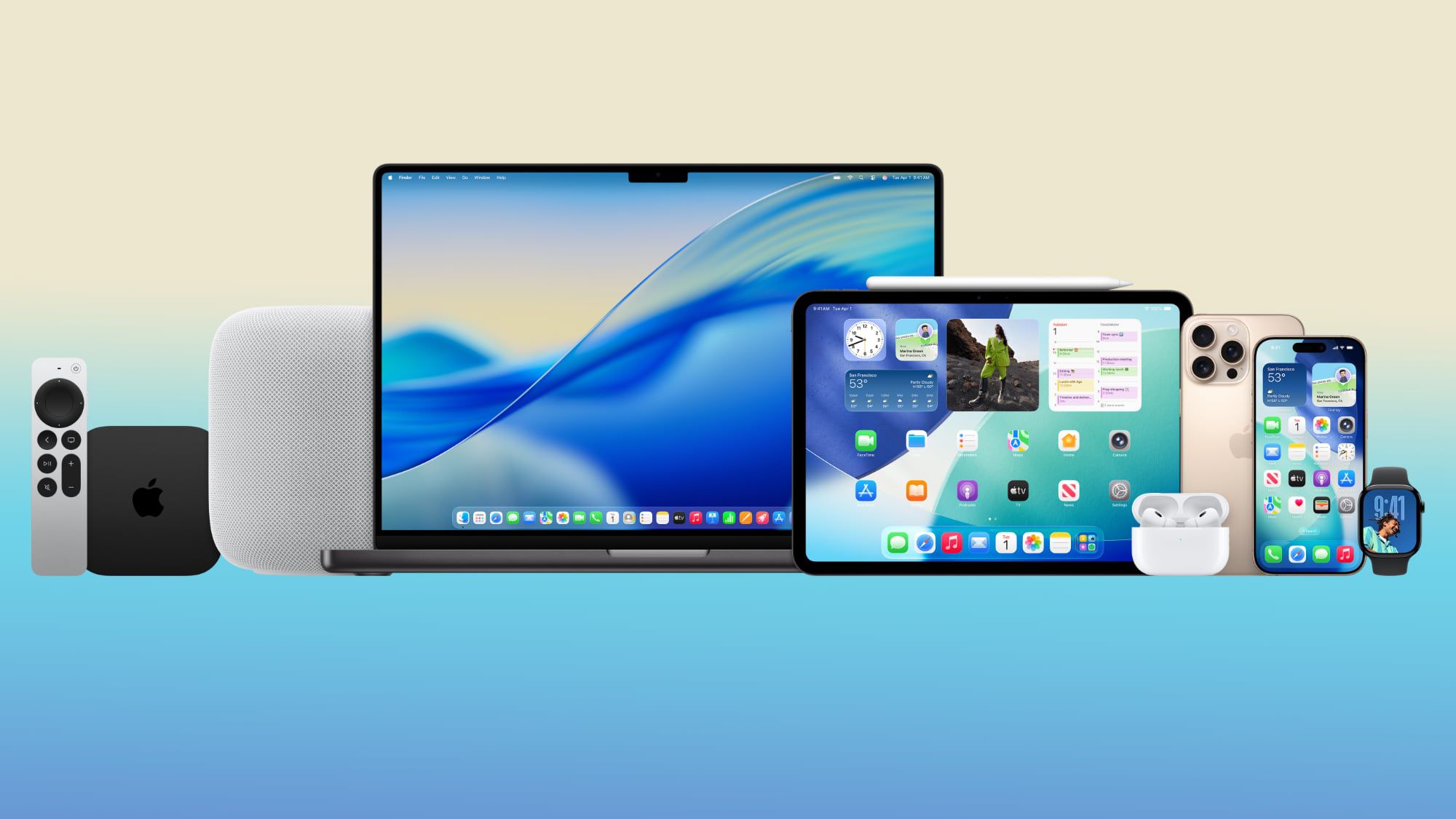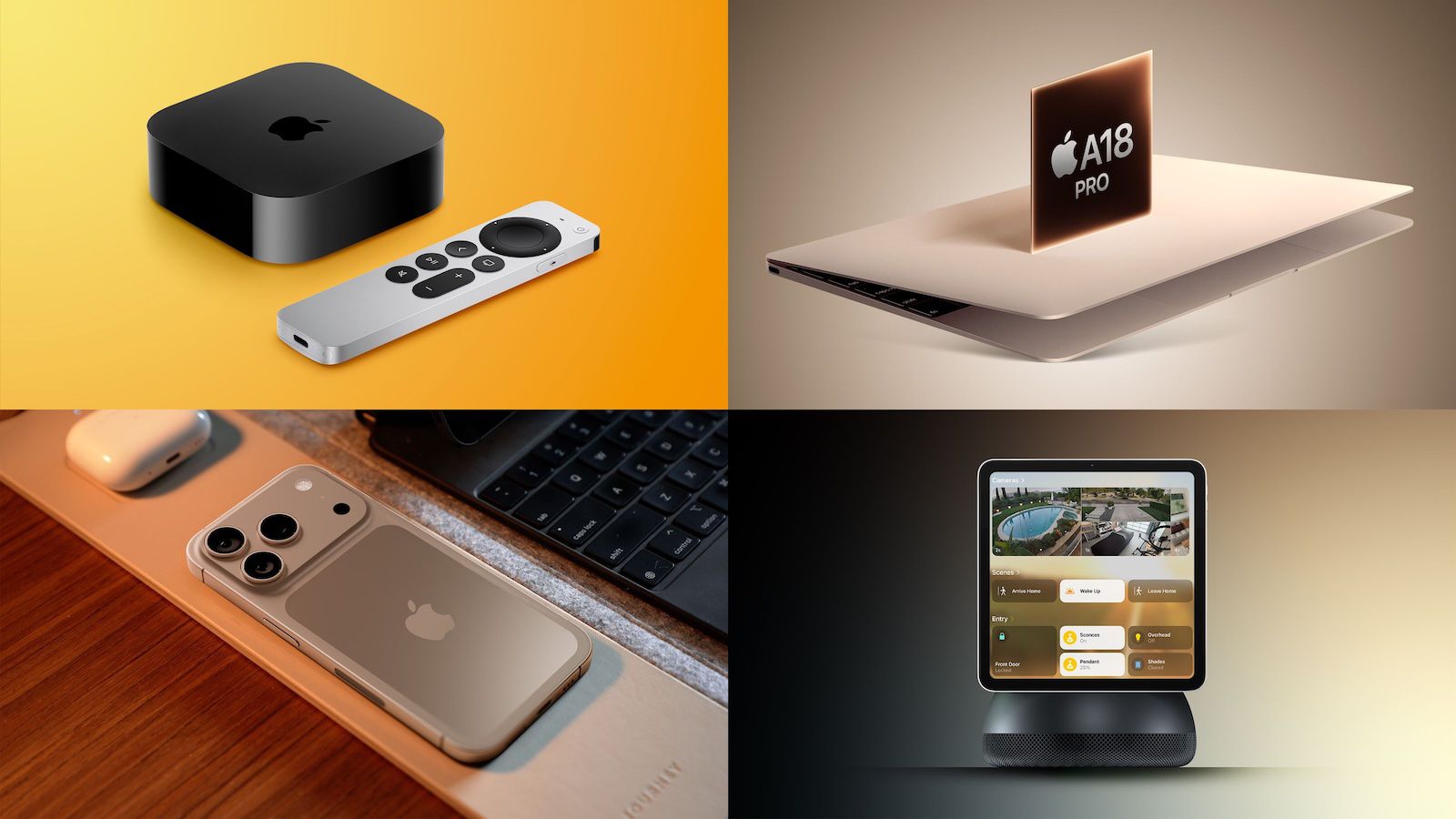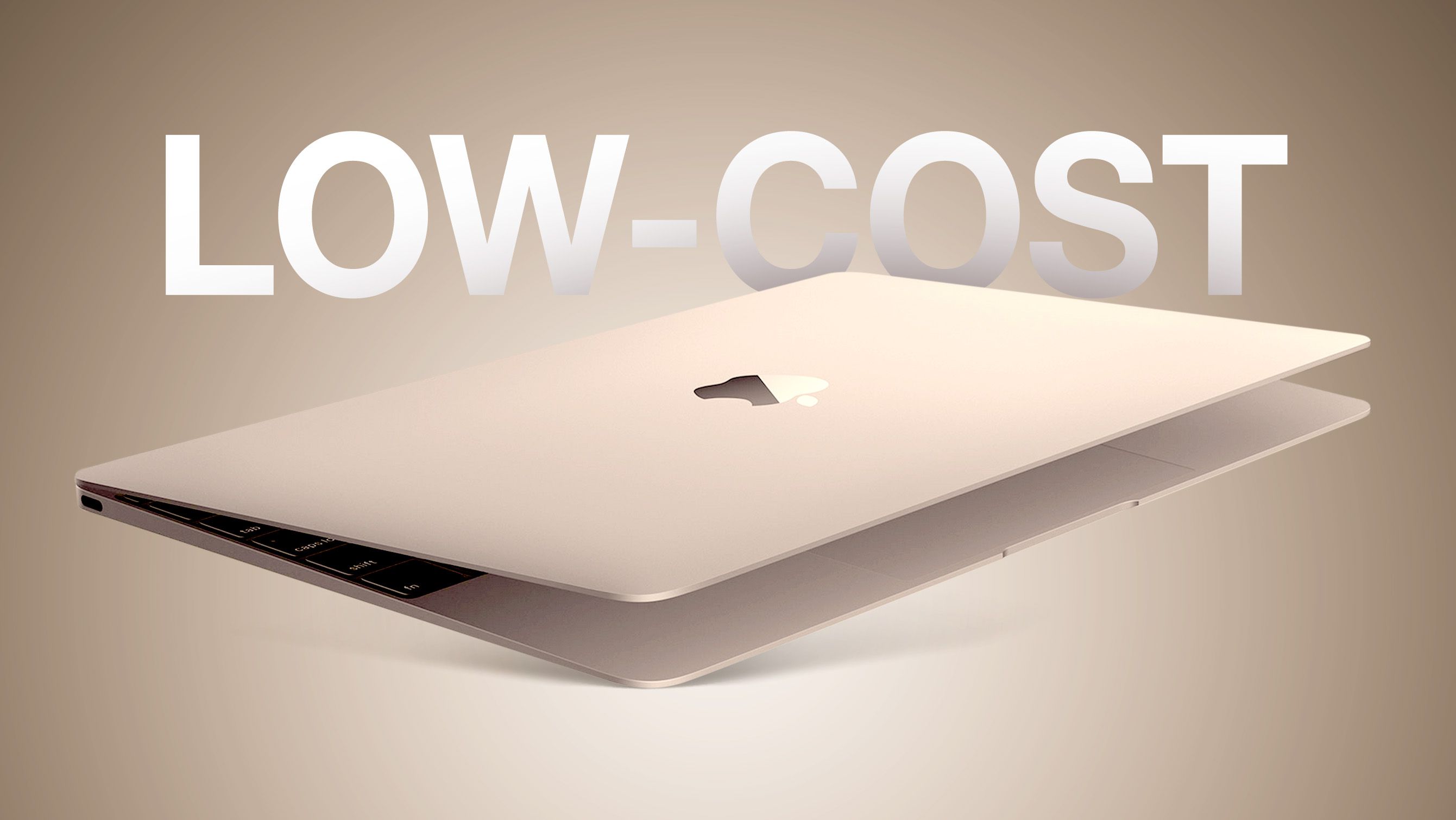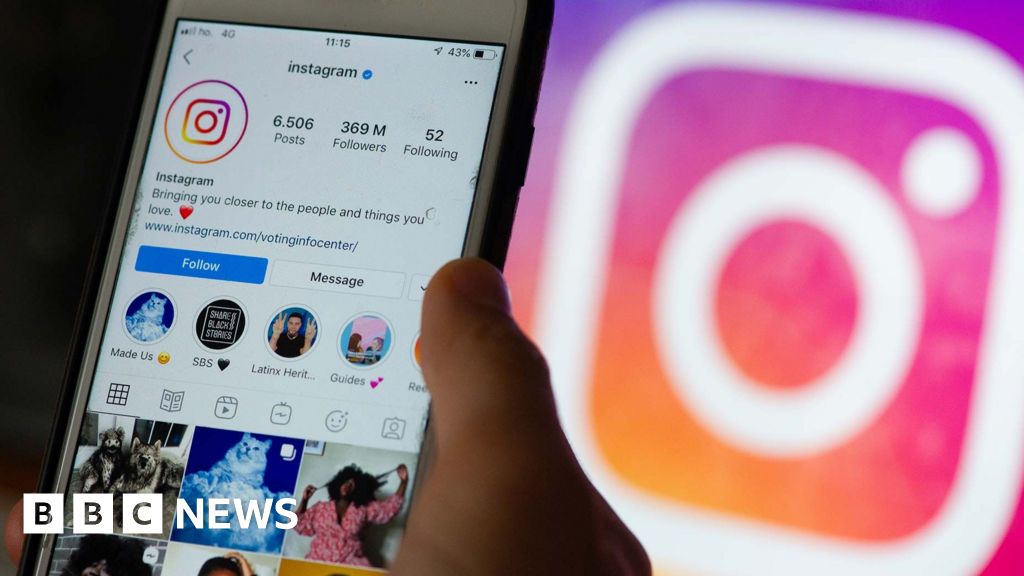Apple's Accidental Device Leak: What You Need to Know

Introduction
Last week, technology journalist Mark Gurman responded to Apple's accidental device leak with a software tool that revealed identifiers for multiple unreleased devices and chips. This news has caused quite a stir in the tech community, as many are eagerly anticipating the release of these new devices. In this blog, we'll take a closer look at what exactly happened and discuss the potential impact of this leak on Apple's upcoming product releases.
Key Details
The leak occurred when Apple released a software tool that contained identifiers for unreleased devices and chips. This was quickly discovered and the tool was pulled, but not before the information had already spread online. The leaked devices include the next generation iPhone, iPad, and Apple Watch, as well as new Mac models. This accidental leak has only added to the excitement and anticipation for these upcoming releases.
Impact
While this leak may have been a mistake on Apple's part, it has generated a lot of buzz and speculation about the upcoming devices. Some are wondering if Apple will release these devices sooner than expected, while others are speculating about new features and improvements. As an SEO expert, it's important to keep an eye on the latest news and updates in the tech world, as it can have an impact on search rankings and website traffic. We'll continue to monitor the situation and provide updates on any new developments.
About the People Mentioned
Mark Gurman
**Mark Gurman** is an American technology journalist born around 1994 who has become one of the world's leading reporters on Apple and consumer technology.[1] He is currently a managing editor for consumer technology at Bloomberg News, a position he assumed in 2025.[1] Gurman began his journalism career while in high school in Los Angeles, writing for the Apple news blog 9to5Mac starting in his sophomore year under the mentorship of founder Seth Weintraub.[1] His early breakthrough came in late 2009 when he discovered a domain registration for "islate.com" linked to Apple, which he correctly identified as evidence of an upcoming tablet that would become the iPad.[1] Throughout his time at 9to5Mac, he developed a reputation for accurate scoops, breaking news about products including the iPhone 5, Apple Watch, Siri integration, and Apple's Maps application.[2][5] After graduating from the University of Michigan School of Information in 2016, where he studied information science, Gurman joined Bloomberg News shortly thereafter.[1] At Bloomberg, his coverage expanded beyond Apple to encompass broader consumer technology, including products from Google, Amazon, Meta, and Samsung.[6] He has published in-depth investigative pieces on topics ranging from Apple's internal structure to the company's work on self-driving cars.[4] Gurman has also become a frequent television and radio commentator for Bloomberg and other networks. His achievements include being listed in the 2015 Forbes 30 Under 30 and earning multiple reporting awards.[6] He currently ranks at the top of the Techmeme Leaderboard and is recognized as one of the world's best technology reporters.[6] Since 2025, Gurman has also served on the University of Michigan School of Information Advisory Board.[1] His work is distinguished by his ability to break major stories ahead of better-funded, more established news organizations, maintaining consistent accuracy in his predictions and reporting.
About the Organizations Mentioned
Apple
Apple Inc. is a leading American multinational technology company known for pioneering personal computing, mobile devices, and software ecosystems. Founded in 1976 by Steve Jobs and Steve Wozniak, Apple revolutionized technology with the first commercially successful personal computer and mainstream adoption of the graphical user interface (GUI), setting new standards in product design, user experience, and seamless integration across devices[2]. Headquartered in Cupertino, California, Apple’s product lineup includes the iPhone, iPad, Mac computers, Apple Watch, AirPods, and services such as the App Store, Apple Music, and iCloud. The company has built a vast ecosystem that enables third-party developers to expand product functionalities, strengthening its market dominance. Apple is widely recognized for its innovation in hardware, software, and services, with an emphasis on aesthetics and privacy. In 2025, Apple committed to its largest-ever investment initiative, pledging $600 billion over four years in the United States to boost manufacturing, research and development, and advanced technology sectors like artificial intelligence (AI) and silicon engineering[1][3]. This includes new manufacturing facilities, expanded R&D centers, and a program called the American Manufacturing Program (AMP) to encourage domestic production of critical components. These efforts support over 450,000 U.S. jobs and aim to establish a robust supply chain within the country[3]. Financially, Apple remains a powerhouse with a market capitalization of $3.84 trillion and annual revenue exceeding $400 billion. However, in 2025, it faced challenges including a 19% decline in stock value, intensified regulatory scrutiny from the U.S. Department of Justice over antitrust issues, legal disputes related to the App Store, and competitive pressure in AI technology[1][2]. Despite these hurdles, Apple continues to innovate, recently updating its software platforms with a unified "Liquid Glass" design and expanding its AI-driven personal assistant, Apple Intelligence[1]. Under CEO Tim Cook’s leadership, Apple balances technological advancement
















